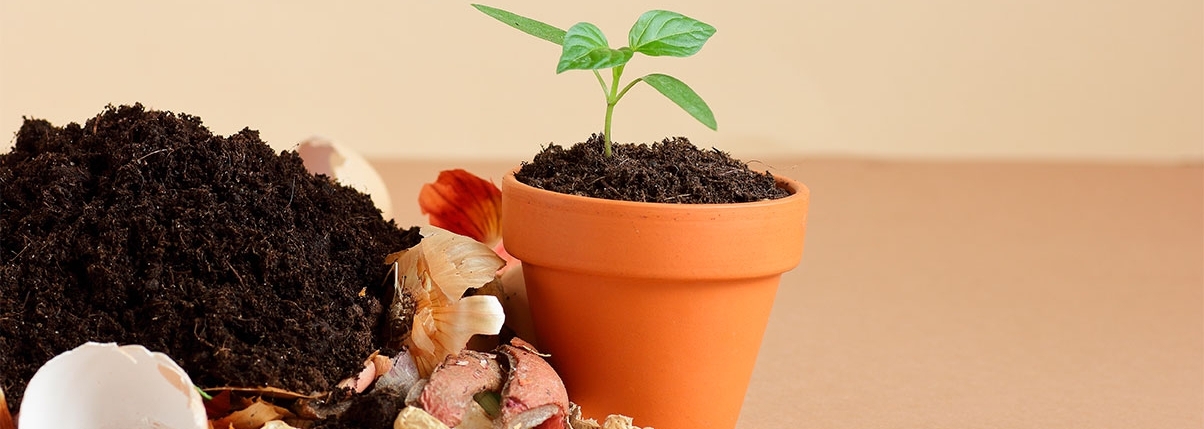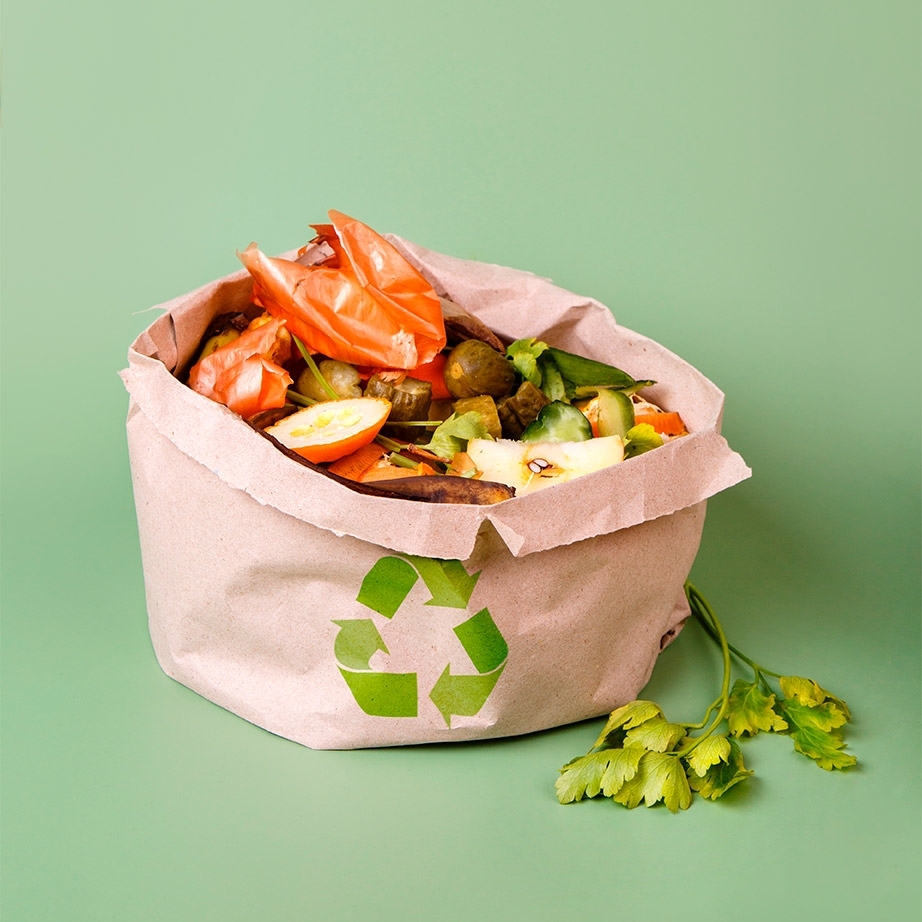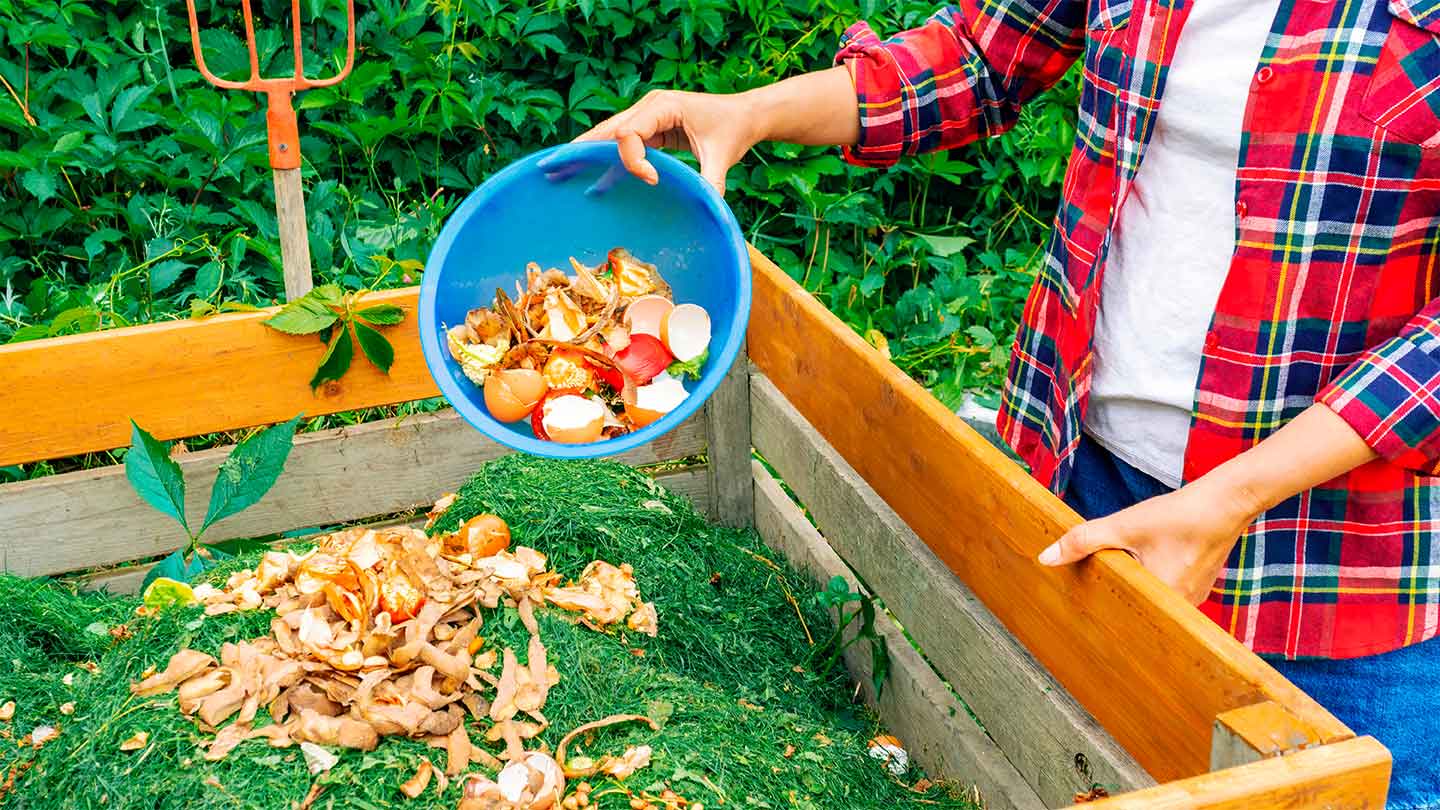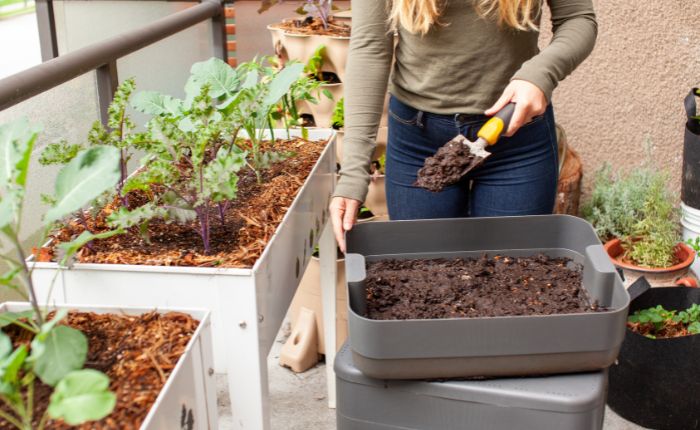
Organic waste: What is it and how to treat it?
Organic waste: What is it and how to treat it?
How to efficiently manage waste
How to efficiently manage waste
Organic waste represents a significant part of the waste that is generated in homes, industries, and agricultural activities. Its accumulation in landfills or incinerators leads to soil contamination, as well as the emission of greenhouse gases. However, an efficient management of this organic material and its reuse contribute to promoting the circular economy. Discover what it is, types, and how to convert it into valuable resources to halt climate change.
What is organic waste?
What is organic waste?
Organic waste is biodegradable waste of plant or animal origin that can decompose in nature without too much difficulty and be transformed into another type of organic material unlike inorganic waste such as plastics or metals.
Today, the climate impact of our waste is more important than we realize. The waste sector is one of the top three emitters of methane, accounting for around 20% of man-made emissions worldwide. Rapidly and significantly reducing methane pollution is one of the most important opportunities we have to slow the pace of global warming over the next two decades. Fortunately, cost-effective solutions are now available to reduce emissions from the waste sector, especially organic waste, such as responsible consumption or recycling for treatment and transformation into biodegradable materials.
Types of organic waste
Types of organic waste
When it comes to sorting waste to use it, there are two large groups that differ both in characteristics and composition and in their disposal or transformation. The most common is called Organic Fraction of Municipal Solid Waste (OFMSW), which comes from food and other household and commercial items.
The second group is known as green waste, which is produced in green areas and places with vegetation, both publicly and privately owned. In turn, this classification of organic waste is divided into the following types:
How does organic waste affect the environment?
How does organic waste affect the environment?
More than half of the population lives in cities, which are now responsible for 70% of global waste and almost 80% of global energy is consumed in them. The poor management of organic waste prevents, on the one hand, its use (such as in the case of renewable fuels) and, on the other hand, can affect the environment in several ways:
- Generation of greenhouse gases: When organic waste accumulates and decomposes in landfills or in anaerobic conditions, it produces methane, a greenhouse gas that, due to its structure, traps more heat in the atmosphere per molecule than carbon dioxide. Methane has been responsible for approximately 30% of global warming since the pre-industrial era.
- Contamination of water and soil: If organic waste isn't managed appropriately, it can filter into water bodies, contaminating rivers, lakes, and underground aquifers. In addition, its uncontrolled accumulation on the soil damages natural nutrients and negatively affects the quality of croplands.
- Generation of bad odors and infestations: Decomposing organic waste produces unpleasant odors which, in turn, attracts infestations of insects and animals such as rats, mice, or bees. This can generate germs in the area and be the focus of infectious diseases.
- Loss of resources: Organic waste contains valuable nutrients that can be used as natural fertilizer or as a basis for generating renewable energy sources. If it is not used correctly, the opportunity to recover and reuse these resources is lost.
- Impact on the biodiversity: Poor management of organic waste has negative consequences for biodiversity. For example, the pollution of water directly affects aquatic ecosystems causing the loss of several endemic species.
How is organic waste managed?
How is organic waste managed?
The recycling of organic waste offers an excellent opportunity to make the most of these by-products and convert them into useful resources.
There are two main methods for the processing of organic waste: composting and anaerobic digestion.
Waste recovery
Waste recovery
Waste recovery optimizes waste treatment allowing it to be converted for a specific purpose, either to generate energy or obtain new raw materials.

What is composting and what is it used for?
Recycling offers many alternatives to manage household organic waste more efficiently through techniques such as composting.


